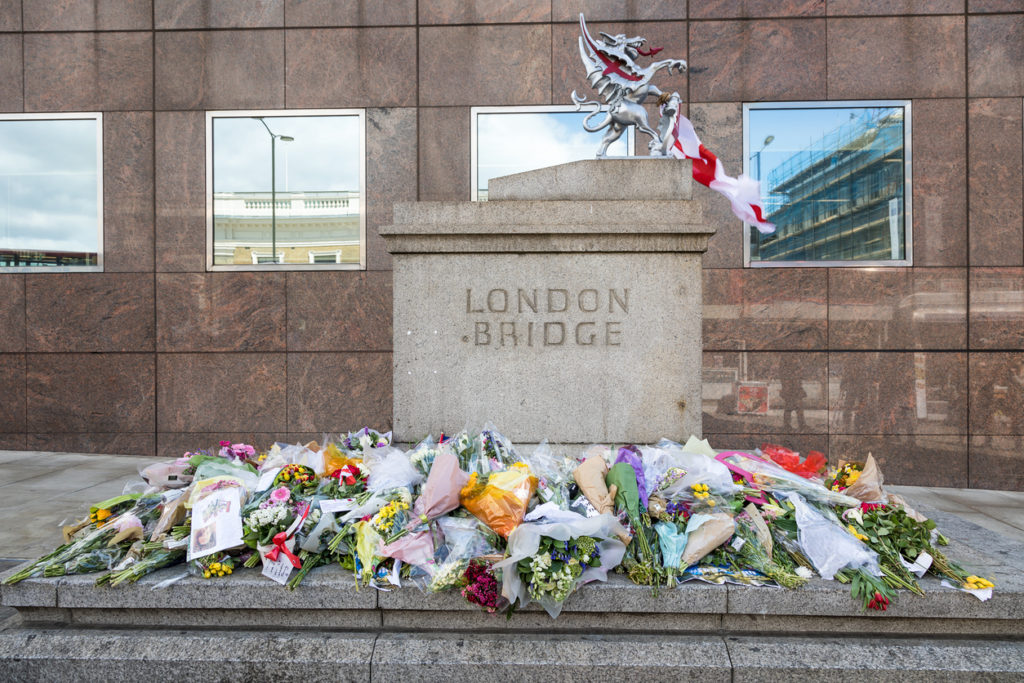Marc Simms is an occasional blogger for Proelium Law LLP. Marc holds a MLitt in Terrorism Studies and a Masters in International Relations, both from St Andrews. His particular interests are in emerging international security issues, unconventional warfare and terrorism.
Counter-Terrorism policy in the UK is likely to undergo significant reorganisation, based on recent reports from the press, comments by intelligence officials and appointments in Parliament.
Reviews ongoing
In the wake of the London Bridge attacks in June, following on from the Khalid Masood Westminster attack in March and the bombing of a Manchester music concert in May, and allegations that key indicators had been missed or ignored, MI5 and the police pledged to review their practices and processes.
Those reviews have not yet been completed, but there are indications that their outcome will result in changes to how the security services work.
“Every last drop of learning”
Some of these coming changes were alluded to by MI5 Director General Andrew Parker, in a speech he gave on October 17th. In the speech given in central London, he talked about how MI5 has always “been about innovating to meet the changing threat and shifting technological environment” and how the agency intends to use “the harsh light of hindsight” to combat the current threat situation.
The full speech can be watched here.
“Biggest shake-up since 7/7”
On the 23rd of October, the Evening Standard reported that MI5 and the police would be undergoing their biggest reorganisation since the 7/7 attacks. According to the report, the main focus of this would be to better identity extremist individuals who are thought to pose no direct security risk but go on to carry out attacks – a key feature of several recent UK and European attacks.
The measures are expected to focus on improving detection of potential activities which may be a precursor to a terrorist attack in relation to such individuals, such as financial transfers, social media activity or the purchase of potential bomb materials, and is also believed to involve a greater focus on right-wing extremists, who have been the subject of several recent intelligence-led police investigations.
ISC appointments decided upon
Another important sign that changes are likely on the way is that the membership of the House of Commons Intelligence and Security Committee (ISC) has finally been decided upon. With the ISC’s role in regulating the security services, it would form an important part of any restructuring of the intelligence services or how they work and share intelligence.
Until now, there has been what has been described as an “unprecedented delay” in re-establishing the committee since the 2017 general election, despite the number of security incidents since the last meeting of the ISC in April of this year. It’s not clear what the cause of the delay has been in getting the Prime Minister’s approval for the committee appointments.
Director General Andrew Parker discusses the changing terrorism threat
Need advice?
If you’d like further information, or to discuss working with us, you can get in touch via our Contact Us page
Read our latest news & articles







